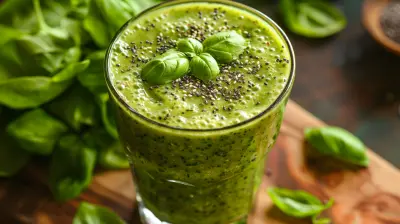The Role of Hormones in Strength Gains
27 August 2025
Ah, hormones—the tiny chemical messengers that either make you feel like a superhero in the gym or a fragile porcelain doll that even a gust of wind could defeat. If you've ever wondered why some people pack on muscle like they're in a Marvel origin story while others struggle despite lifting religiously, well, blame (or thank) your hormones.
Let’s break it down and get into the nitty-gritty of how these sneaky little chemicals dictate your strength gains. And of course, we’ll do it with a mix of science, sarcasm, and some good old-fashioned gym wisdom. 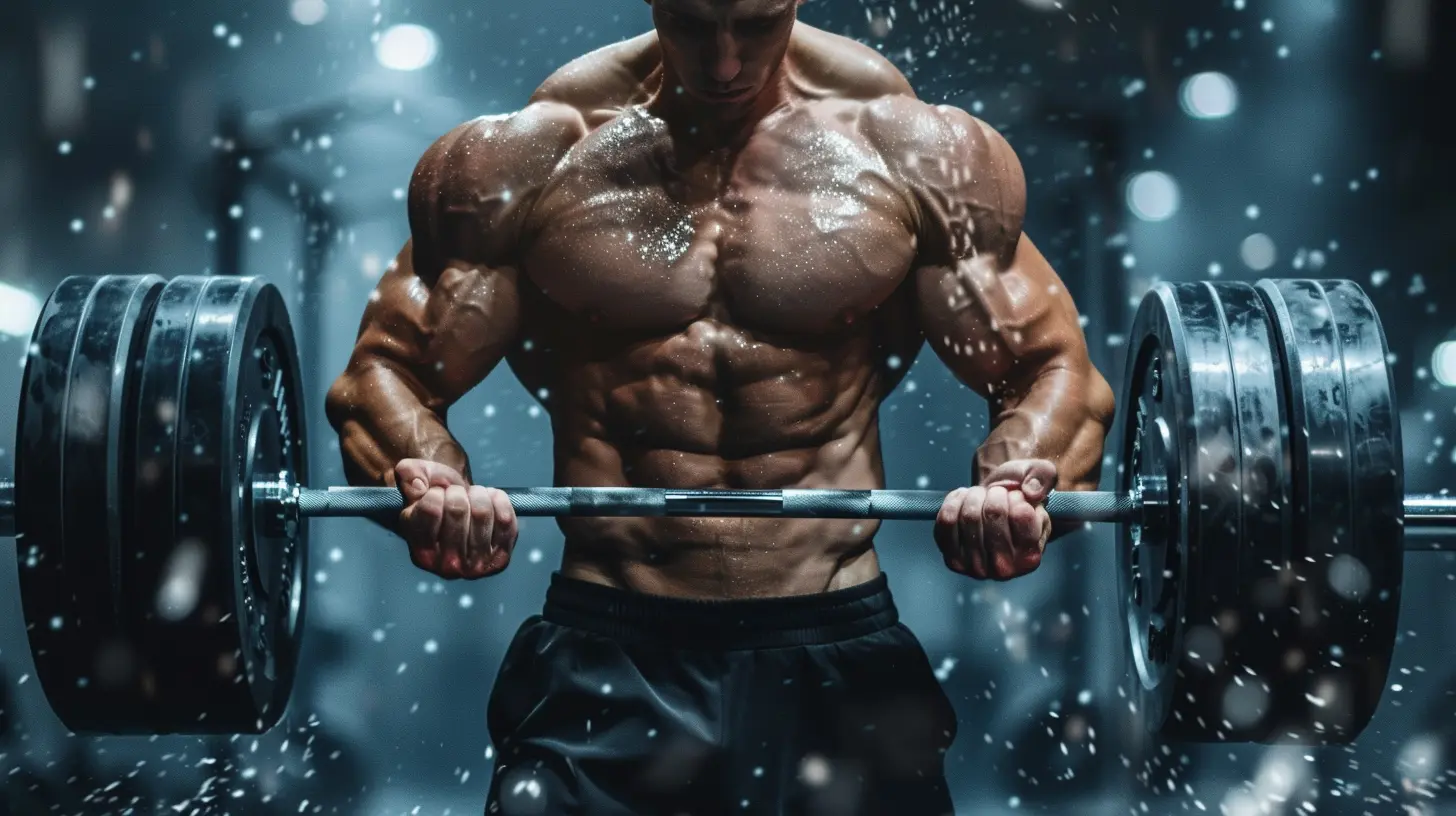
What Are Hormones, and Why Should You Care?
Hormones are essentially your body's internal influencers—except they actually do something useful. They regulate metabolism, growth, mood, energy levels, and, most importantly for gym rats, muscle growth and recovery.Picture them as text messages sent between your organs, telling your body what to do. Some messages say, “Hey, let’s build some muscle,” while others say, “Nah, let’s store some fat and ruin your dreams of looking shredded.”
In other words, your strength gains are largely dictated by whether your hormones are on your side or actively sabotaging your gym efforts. 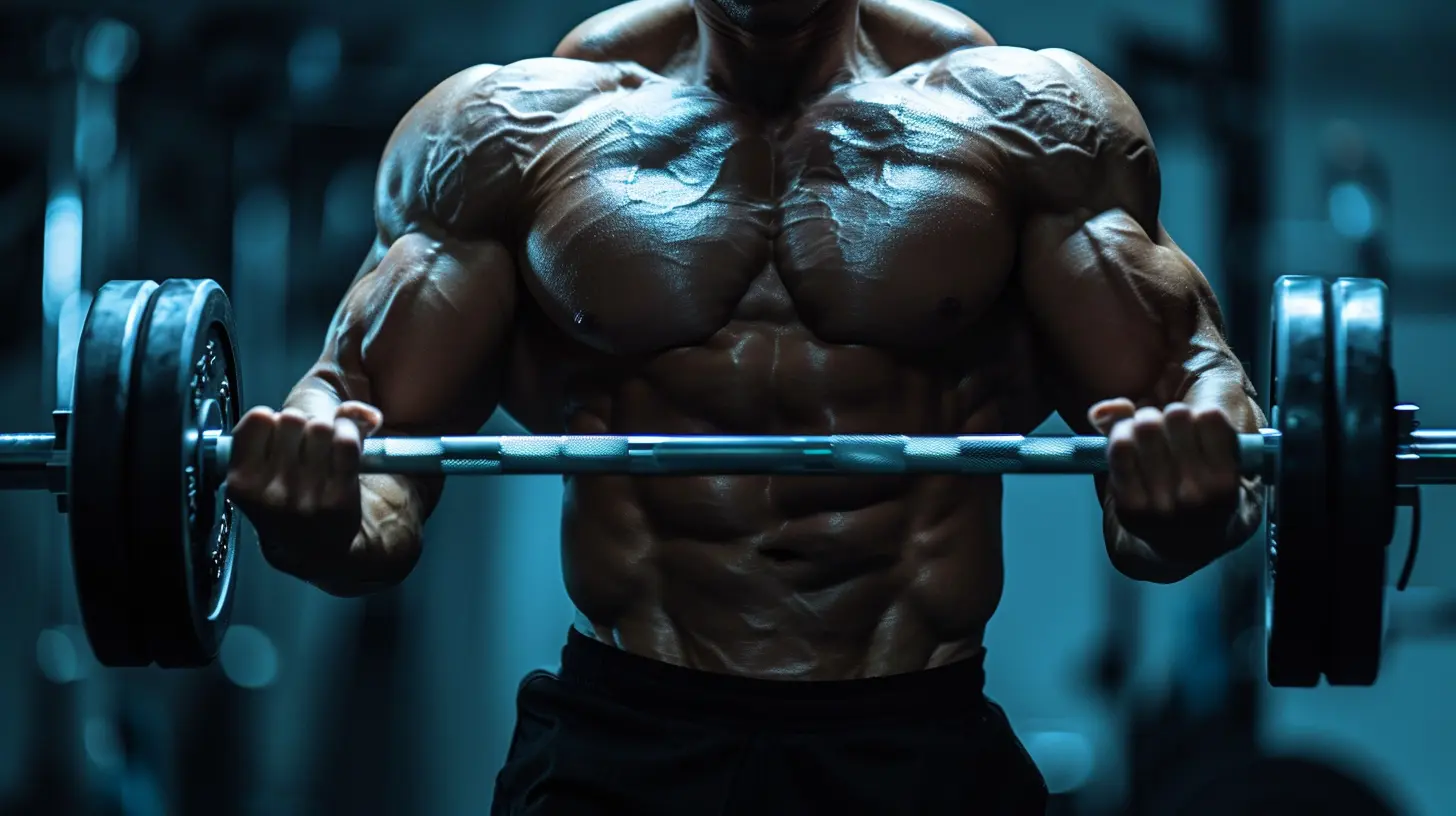
The Big Players in Strength Gains
Not all hormones are created equal. Some work tirelessly to help you stack plates on the bar, while others... well, let’s just say they’re not invited to the gains party.1. Testosterone: The King of Muscle Growth
Ah, testosterone. The holy grail of strength gains. This hormone is the reason teenage boys get randomly jacked without even trying—while the rest of us have to slave away under a squat rack just to see some progress.- Why It Matters: Testosterone is responsible for protein synthesis, muscle recovery, and overall strength gains. Having higher levels of it means faster muscle growth, better recovery, and the confidence to wear a tank top in public.
- How to Increase It Naturally:
- Lift heavy things (compound movements like squats and deadlifts work wonders).
- Sleep like you’re hibernating for the winter.
- Eat healthy fats—because your body needs them to produce testosterone.
- Reduce stress (yes, yelling at bad drivers on your way to the gym increases cortisol, which kills testosterone levels).
2. Growth Hormone (GH): The Secret Weapon
Growth hormone is another powerful ally in the quest for Hulk-like strength. And no, it's not just for growing taller (RIP to those who thought they could still sprout a few inches).- Why It Matters: GH promotes muscle growth, fat metabolism, and recovery. It works by stimulating the production of Insulin-Like Growth Factor-1 (IGF-1), which plays a key role in repairing and rebuilding muscle tissues after your ego-crushing leg day.
- How to Increase It Naturally:
- Get quality sleep (no, scrolling social media at 2 AM doesn’t count).
- Engage in high-intensity workouts (yes, actually pushing yourself in the gym).
- Intermittent fasting—because your body releases more GH when you’re not stuffing your face every two hours.
3. Insulin: Friend or Foe?
Insulin gets a bad rep because people hear the word and immediately think "diabetes." But in reality, it's like that one friend who brings snacks on a road trip—super useful when managed correctly, but a potential disaster if abused.- Why It Matters: Insulin helps shuttle nutrients (like glucose and amino acids) into your muscles, aiding in recovery and growth. It’s especially useful post-workout when your muscles are practically begging for nutrients.
- How to Manage It:
- Time your carb intake strategically—spike it post-workout for better recovery.
- Avoid processed junk that wreaks havoc on blood sugar levels.
- Pair carbs with protein to slow down insulin spikes and prevent fat gain.
4. Cortisol: The Necessary Evil
Cortisol is the villain of the story, but like any good antagonist, it does serve a purpose. It helps manage stress and inflammation, but too much of it can turn your gains into dust.- Why It Matters: Chronic high levels of cortisol break down muscle tissue, increase fat storage (especially in the belly), and make you feel like a depressed sloth.
- How to Keep It in Check:
- Avoid overtraining—rest days aren’t for the weak; they’re for the smart.
- Manage stress—meditation, deep breathing, or just avoiding toxic people works wonders.
- Prioritize sleep (yes, sleep comes up a lot because it’s that important). 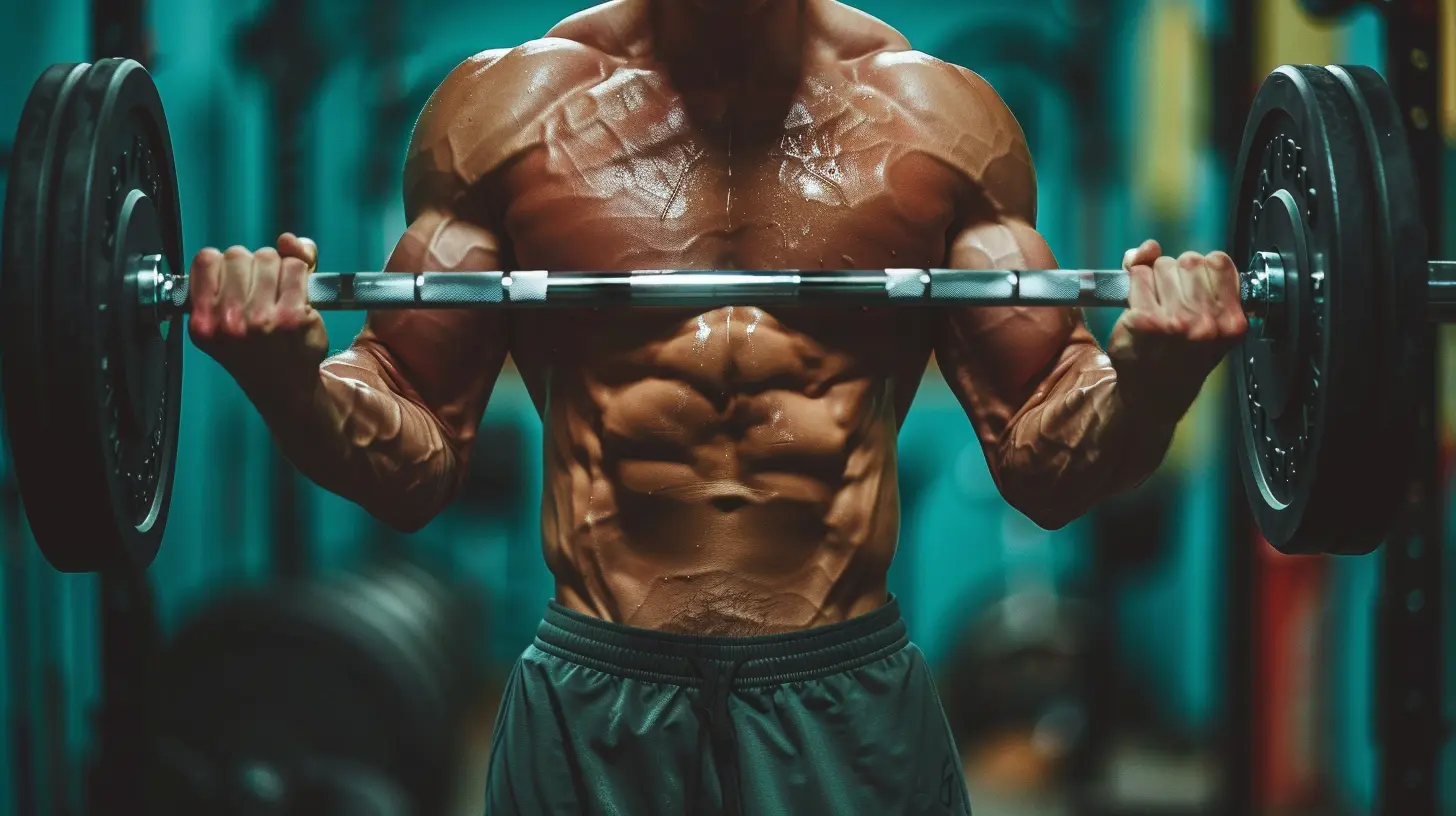
How Your Lifestyle Affects Your Hormones (And Ultimately, Your Gains)
If you treat your body like a dumpster, don’t expect peak hormonal function. Hormones don’t just randomly decide to be nice to you—you have to set the stage for them.Sleep: The Ultimate Performance Enhancer
Not getting enough sleep is basically giving your recovery process the middle finger. Growth hormone is highest when you sleep deeply, testosterone levels are maintained, and cortisol stays low. So the next time you think about pulling an all-nighter, remember that you’re robbing your gains.Diet: Don’t Feed the Enemy
The food you eat plays a direct role in your hormonal function. Stuff your face with processed junk, and you’ll watch your testosterone plummet while insulin resistance rises. Prioritize:- Protein for muscle repair.
- Healthy fats (avocados, nuts, olive oil) to support hormone production.
- Complex carbs for sustained energy (because no one likes feeling like a corpse during a workout).
Training: Lift Smart, Not Just Heavy
Yes, lifting heavy is great. But doing it recklessly with no regard for recovery is a sure way to send testosterone levels crashing while cortisol skyrockets. Train hard, but train smart—allow proper rest between heavy sessions.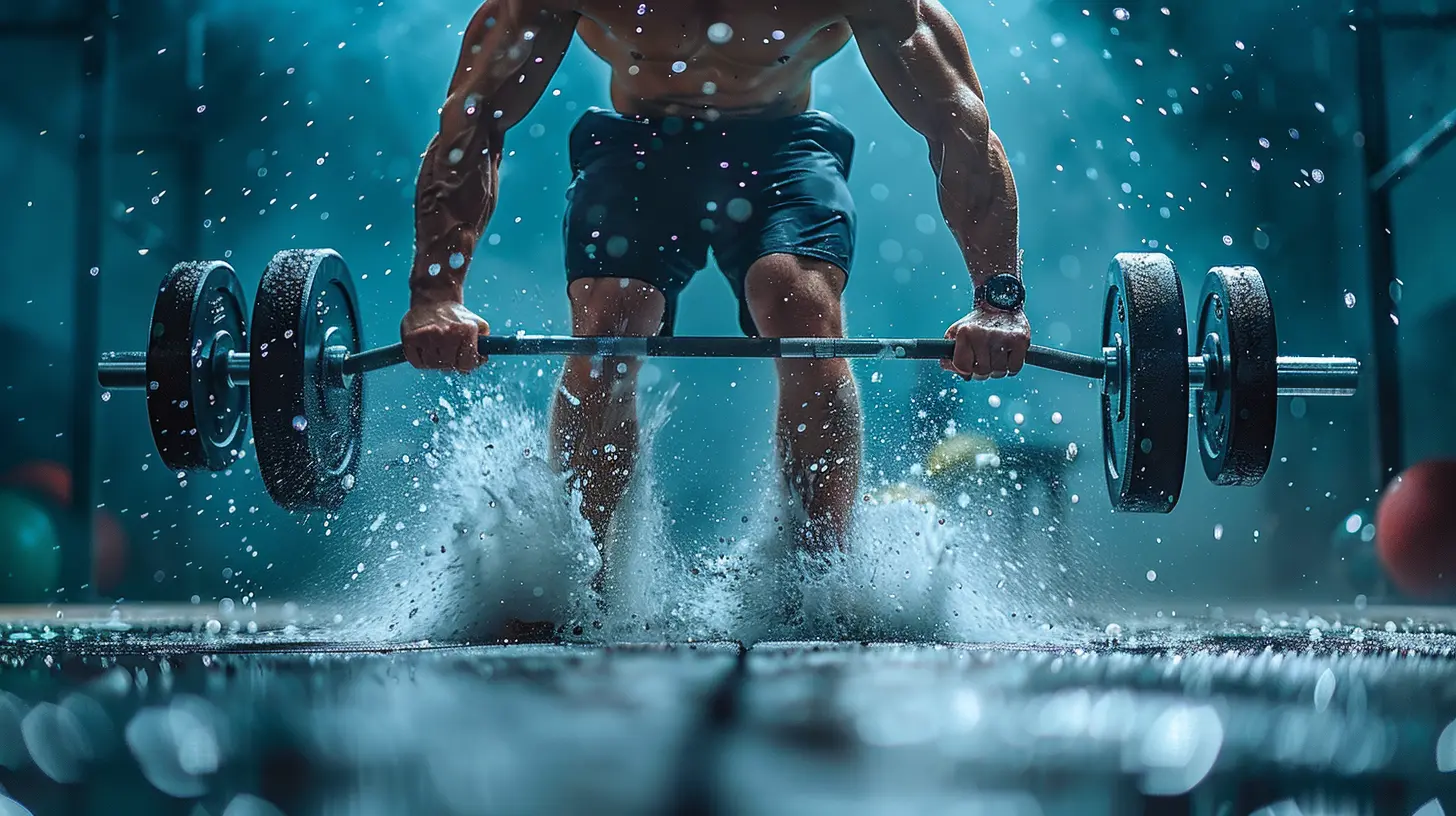
The Takeaway: Balance Is Key
At the end of the day, hormones are the puppet masters behind your strength gains. If they’re out of whack, good luck trying to build muscle efficiently. But if you treat them right through smart training, proper nutrition, quality sleep, and stress management, your gains will thank you.So, the next time you're frustrated about your progress in the gym, don’t curse your genetics—take a hard look at your lifestyle and ask yourself: Are my hormones working with me or against me?
Now go lift something heavy and let your hormones do their magic.
all images in this post were generated using AI tools
Category:
Strength TrainingAuthor:

Tiffany Foster
Discussion
rate this article
1 comments
Korian Carter
Hormones significantly impact strength; understanding is essential.
September 23, 2025 at 3:57 AM

Tiffany Foster
Absolutely, hormones play a crucial role in muscle growth and strength development. Understanding their effects can enhance training and recovery strategies.
